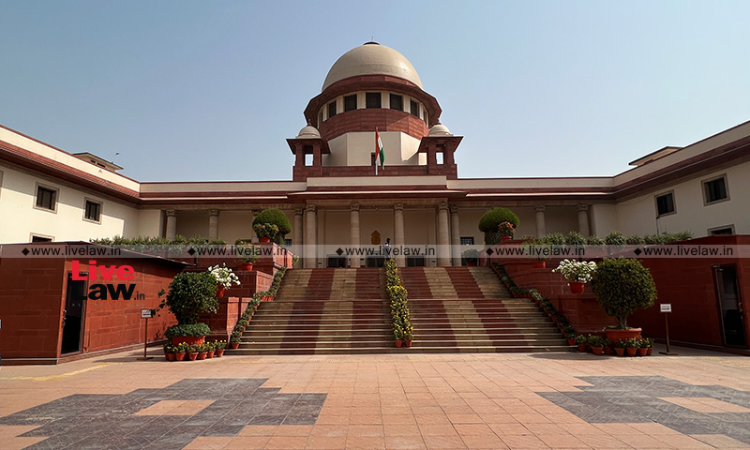The Supreme Court, recently, issued notice in a plea, to consider the limited issue, whether salary paid on secondment of employees is a taxable service under Section 65(105)(k) of the Finance Act, 1994. A Bench comprising Justices Sanjiv Khanna and J.K. Maheshwari directed the Registry to list and tag the plea with another petition titled Commissioner of Service Tax, Delhi-IV v. ...

